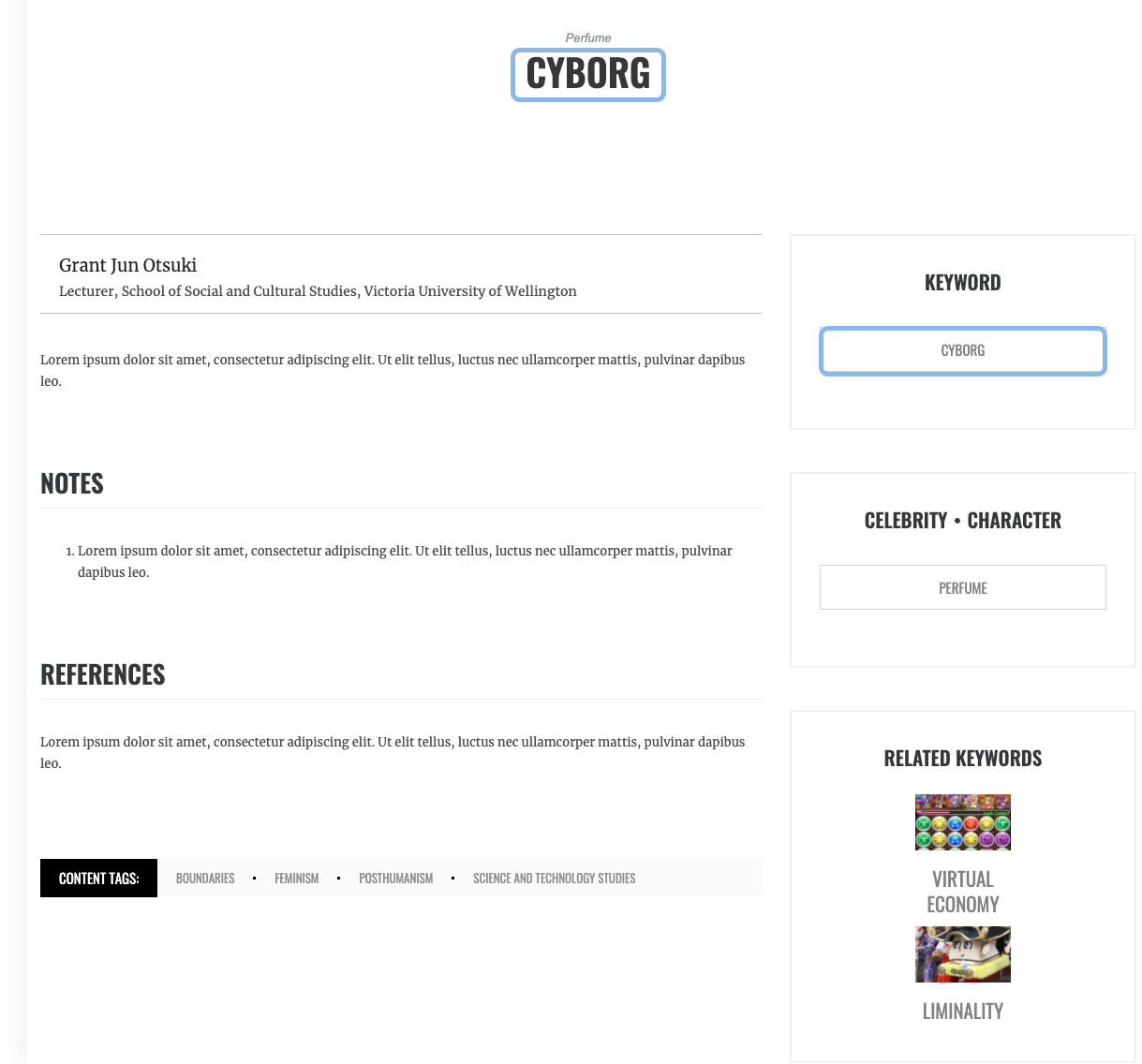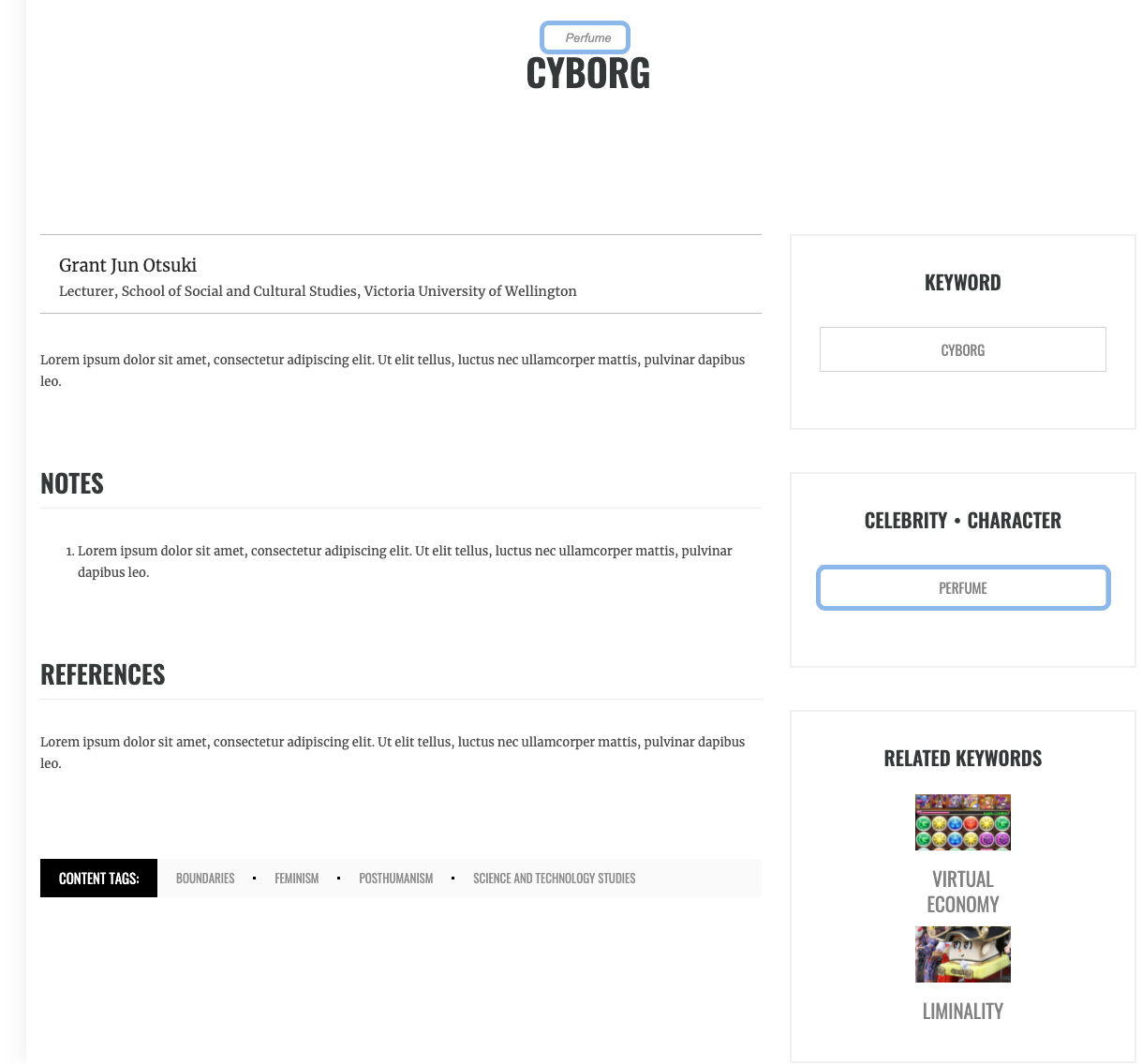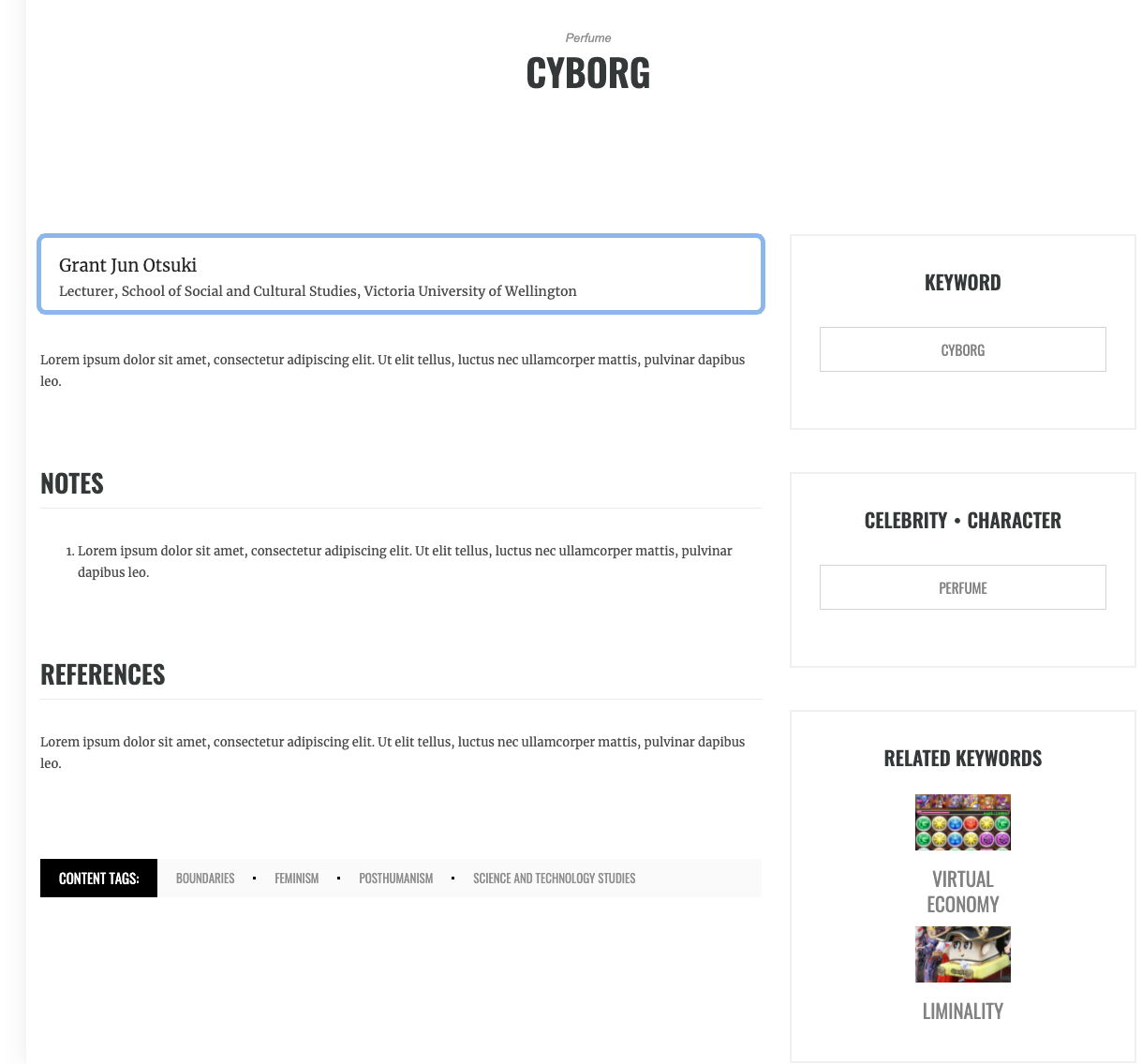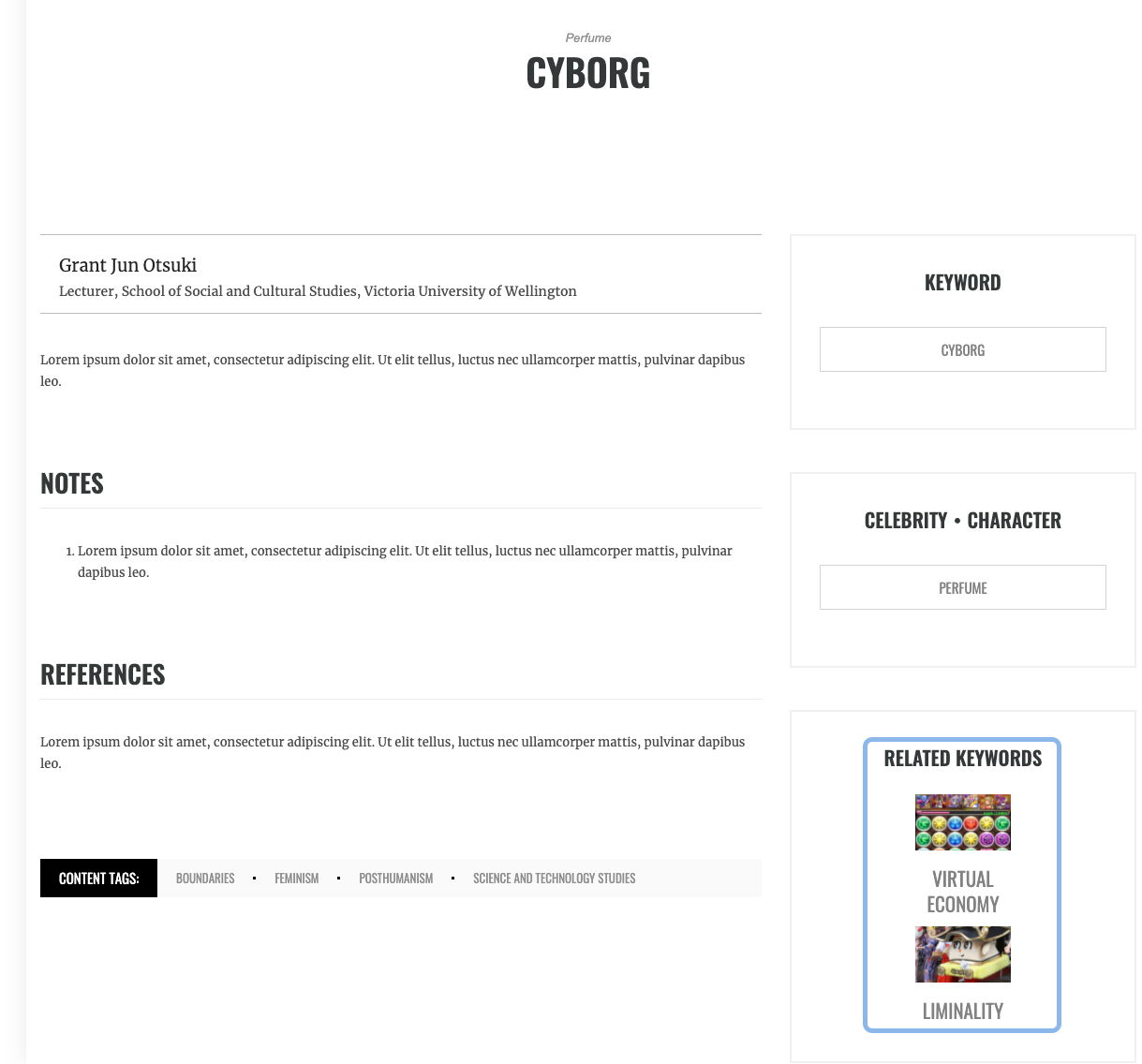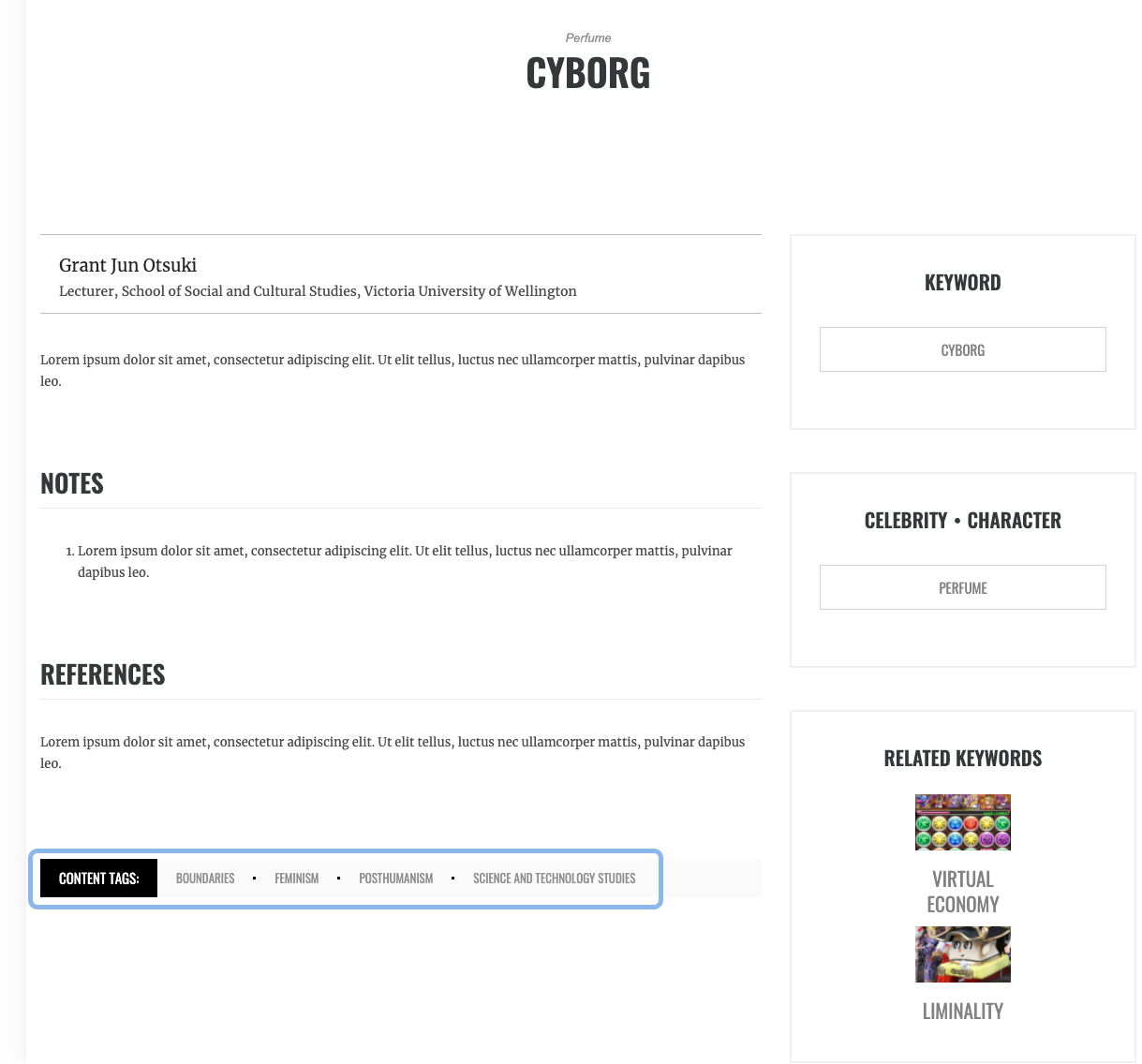From manga, anime, idols, and video games to film and television, Japanese popular culture has become a topic of global curiosity and fascination both inside and outside academia. References to Japanese popular culture abound in the mainstream media, often in the idiom of the cool, bizarre, or deviant. Scholars can do more to help rectify the often dubious and exaggerated representations of Japanese popular culture. To better understand cultural differences, however, it is necessary to move beyond descriptive accounts toward greater engagement with theory. Discussions of Japanese popular culture too often foreground the uniqueness of Japanese cultural forms, suggesting that knowledge is entirely contingent. Much academic work on Japanese popular culture has contributed to this misunderstanding through analyses that fail to engage with wider theoretical discussions in the fields of sociology, media and cultural studies, gender, and anthropology. Scholars of Japanese popular culture often assume some prior understanding of the meanings of key terms and concepts, which contributes to in-group discussions that are impenetrable by anyone outside of this closed circle.
This website provides an understanding of Japanese media and popular culture by engaging with theoretical concepts that are discussed and taught across academic disciplines. While focused on Japanese media and popular culture, the keywords are organized as an alphabetical series of articles on important key concepts that are widely used in academia and media industries. Each keyword essay not only defines its key concept, but also is structured around a case study focusing on a specific star, celebrity, talent, creator, or character from Japanese popular culture. By contextualizing each key concept around a case study, this site will be serve as a resource for understanding Japanese popular culture through its most important and/or interesting characters・celebrities. Each keyword essay is concise in explaining its meaning, origin, and relationship to previous scholarship, which is ideal for use in courses targeting undergraduate students. Besides defining the keyword concept, each essay cites important theoretical works and explains its case study with reference to necessary biographical or descriptive information in a way that is understandable to a non-Japan Studies audience. Even as theory becomes accessible to those familiar with the cultural context, cultural context becomes accessible to those familiar with the theory, which is expected to facilitate productive discussion among peers. With each article focusing on both a key concept and a specific case study, these essays bridge theory to the Japanese cultural context.

